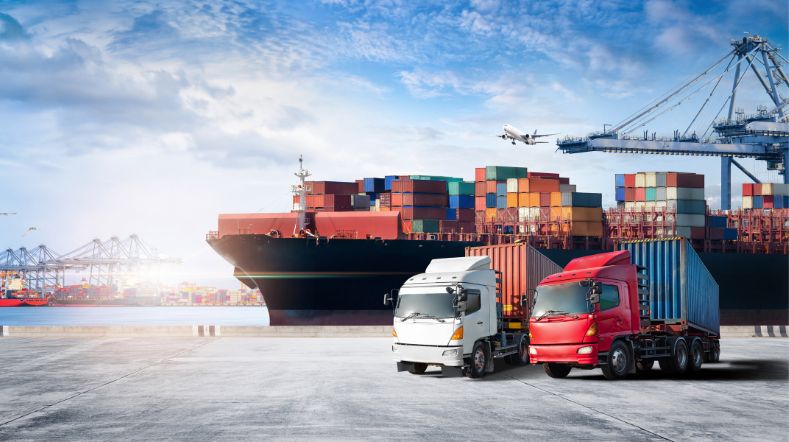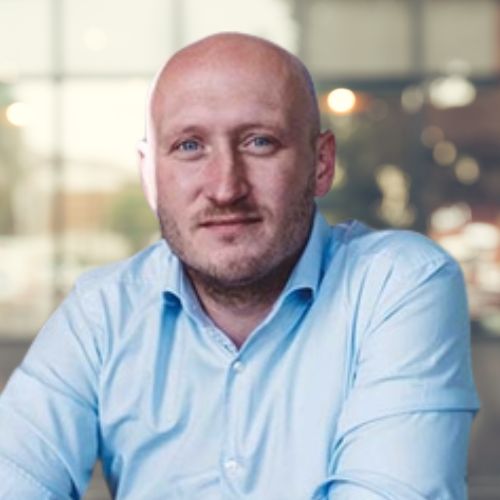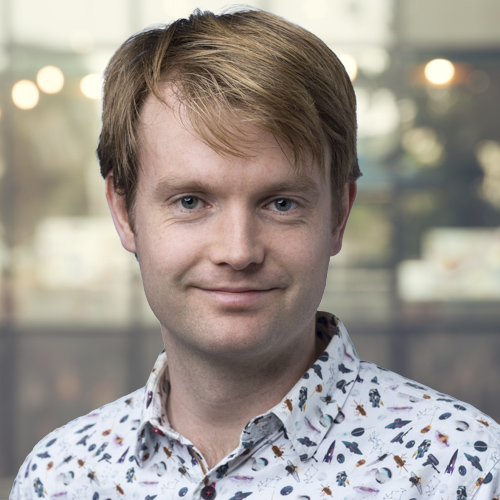
Creating future-proof supply chains with self-organising logistics
As a key European logistics hub, the Netherlands faces growing challenges that threaten its strong position. TNOs vision on self-organising logistics focuses on ‘doing more with less’ and researches the concept of large-scale asset sharing in systems of connected logistics networks to enhance efficiency, reliability, and sustainability.
Did you know that self-organisation can increase fleet efficiency by as much as 25%? And collaboration between European road transport companies can reduce empty mileage by 16%? TNOs Future-proof smart logistics program aims to transform logistics by sharing assets and ‘doing more with less’. Self-organising logistics is closer than you think.
Critical challenges logistics
The Netherlands, a major European logistics hub, contributes €65 billion in value and employs 673,000 people, but faces significant challenges. Freight transport is set to grow by 20% by 2030, yet emissions remain high, making it the only sector with rising greenhouse gases. A TNO study shows that under the current system, only 50% of climate targets will be met by 2030.
Climate disruptions and geopolitical tensions also threaten supply security, while infrastructure constraints, staff shortages, and energy needs for zero-emission trucks further complicate progress. Despite efforts, complexity and fragmentation hinder sustainability and efficiency.
Future-proof smart logistics
TNO believes that a system change in logistics will lead to more efficient use of resources. Studies show that self-organization and fleet collaboration can increase fleet efficiency by 25% and reduce empty mileage upto 16%. This higher efficiency cuts resource use, energy consumption, and emissions by incorporating sustainable alternatives.
The Future-proof smart logistics program promotes shared assets and collaborative planning across open logistics networks to boost efficiency, reliability, and sustainability. The European Technology Platform ALICE estimates a 30% reduction in emissions and congestion.
As logistics supports all sectors, improved services will enhance the earning capacity of Dutch industry. Society will also benefit from significant contributions to sustainability and accessibility goals set by Dutch and European governments.
Why TNO
Interdisciplinary expertise
TNO has the potential to drive this complex system change with a significant economic and societal impact, thanks to its extensive sector knowledge, deep expertise in technological and organisational solutions, building blocks from recent projects, and its independent position.
TNO's interdisciplinary expertise spans collaborative business models, secure data-sharing ecosystems (cryptography and data sovereignty), autonomous systems and self-organising algorithms, all converging into a unified solution.
While still under development, TNO aims to:
- …develop a self-assessment tool to help individual or collective transport companies gain insights into the potential effects of transitioning to self-organising logistics.
- …support shippers, carriers, logistic service providers and logistic IT providers with insights on the impact of applying innovative technologies.
- …explore which algorithmic methods and technological solutions are most suitable for effective implementation of self-organising logistics systems.
(Inter)national collaborations
Together with industry partners and academic partners TNO advances knowledge on self-organising logistics and provide technical solutions to conduct follow-up research and integrate self-organisation into both current and future logistics systems, such as the Physical Internet.
Our joint research projects include:
TNO has developed Talking Trucks to make a truck fleet self-organizing, together with DHL express, Van Berkel Logistics, Smartport and TU Delft.
TNO is part of the BrightSky consortium and collaborates with JetSupport, Royal Schiphol Group, KLM, Vanderlande, t-hive and Amsterdam University of Applied Sciences on researching self-organising, autonomous, air-side fleets.
TNO is involved in Next Level Logistics, a large-scale research initiative by Logistics Community Brabant and Midpoint Brabant, aimed at reducing emissions and promoting a cleaner environment in Brabant.
In the TNO Exploratory Research Programme Future-Proof Smart Logistics, together with University of Twente, CWI and Nyenrode Business School, we research and design the building blocks for a transition to a self-organising logistics system.
Want to work together?
TNO seeks collaboration with academic partners to research self-organisation in logistics, with IT providers to integrate self-organisation into their logistics portfolio, as well as transport companies to test, validate and implement smart logistics solutions.
Get inspired
Demonstrations of automated driving and charging for logistics at Maasvlakte
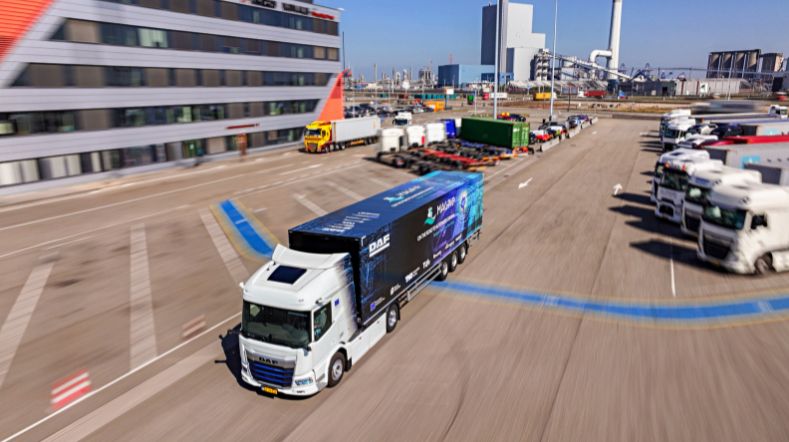

Getting on board with autonomous transport? Five things you need to know
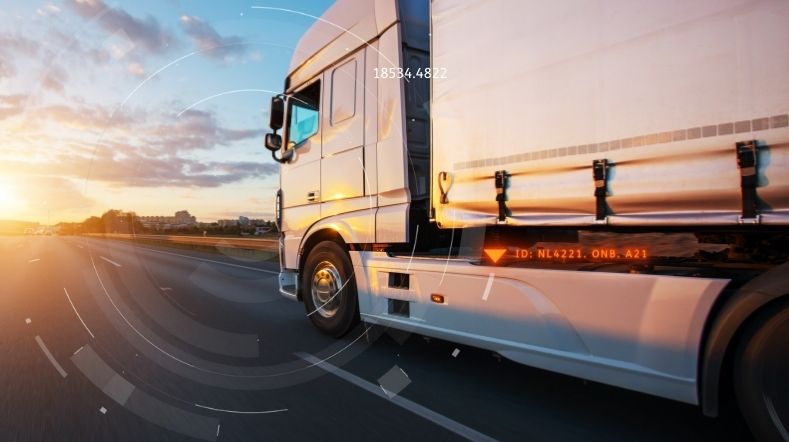

Close collaboration and learning by doing is the way forward in Connected Automated Transport
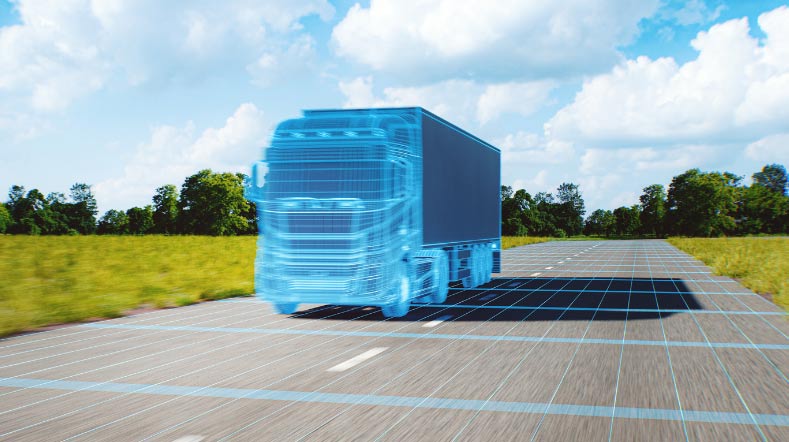

Connected Automated Transport: from theory to wheels on the road


Data driven logistics: the future of logistics


